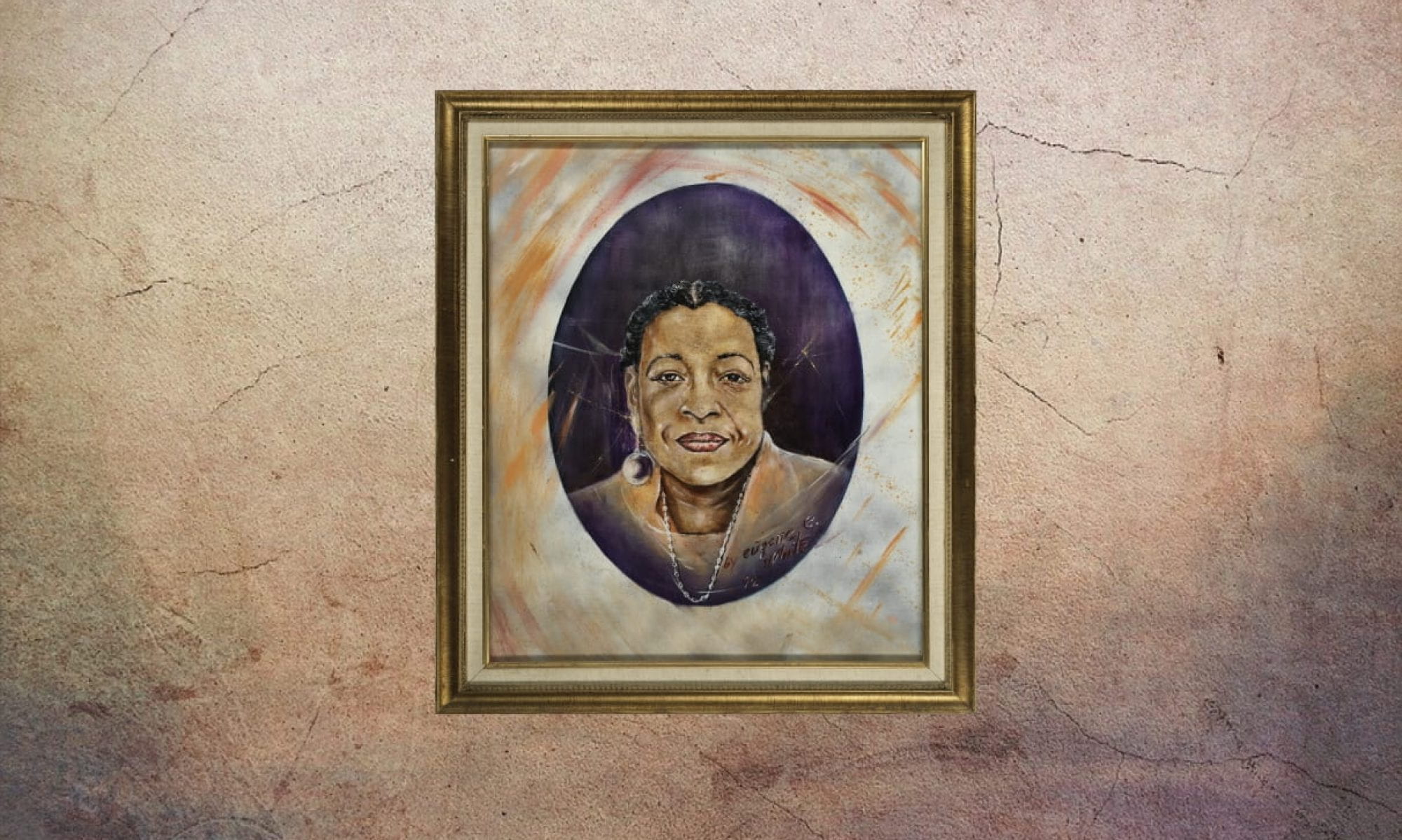
Ella Hill Hutch committed her life to the struggle for civil rights and racial equality, serving as the first female African American Supervisor for the city of San Francisco. Hutch was born in 1924, the seventh of twelve children. She came to San Francisco from Florida after World War II, hoping to find a diverse, equitable metropolis. She moved to the historic Fillmore District. At the time, the Fillmore was a culturally vibrant neighborhood full of local businesses, jazz clubs, restaurants serving the African American community. It did not take long for Hutch to recognize the oppression and racism the black community faced within the Fillmore.
After the end of World War II, white workers began displacing African American workers. The unemployment rate within the black community rose dramatically in the post-war period, as the military-industrial complex had employed many members of the black community. African Americans were restricted to working as postal workers, longshoreman, and domestics. Most union work was out of reach for African Americans, with the sole exception of the International Longshoremen and Warehouse Union (ILWU). Hutch worked at the ILWU as a secretary and switchboard operator. Through her work at the ILWU, Hutch met Bob Slattery, a strong civil rights and union activist. Together they formed the San Francisco branch of the Congress of Racial Equality (CORE) in 1960. CORE fought against housing discrimination and launched equal opportunity employment campaigns within the city.
Hutch became widely regarded as the mother of the San Francisco civil rights movement. She was seriously involved in local Democratic politics and elections. In 1966, she served on the Democratic County Central Committee. At the time, the committee was considered the governing body of the state party apparatus. Through hard work and determination, her influence within the party grew. In 1974, Hutch was elected as the first female director of Bay Area Rapid Transit (BART). By 1976, she was elected as Vice President of the BART board. During her time on the BART Board, she advocated for lower fares and more access to public transportation for minority communities.
Supervisor Hutch’s legacy is now embodied in the Ella Hill Hutch Community Center located in the Western Addition, dedicated by Mayor Diane Feinstein on June 11, 1981.
In 1978, Hutch decided to run for San Francisco City Supervisor. She ran in District Four, encompassing the area from Civic Center to the Western Addition. Hutch was elected, becoming the first African American female city supervisor. She was a pragmatic, moderate Democratic voice, but maintained her commitment to civil rights. During her tenure she advocated for affordable housing, especially for poor and elderly residents and extended employment opportunities to at-risk teens.
Although Hutch died at the young age of 57 in her Western Addition apartment, her commitment to civil rights and strengthening her community continue to influence new generations. Her legacy as a great leader in San Francisco is firmly cemented on the cherished grounds of the Western Addition.
When Mayor Feinstein heard of Hutch’s passing, she ordered the flags at all city offices to be flown at half-mast for a month (“Ella H. Hutch”). On March 1, 1981, more than 1,000 mourners gathered at City Hall for a memorial service in Hutch’s honor (Perkins).
Supervisor Hutch’s legacy is celebrated at the Ella Hill Hutch Community Center, located in the Western Addition. It was dedicated by Mayor Diane Feinstein on June 11, 1981. The community center was opened with the goal of providing a safe place where community members, particularly teenagers, could go after school. The center has offered tutoring, life skills and professional development classes, and organized sports and recreational events. The Ella Hill Hutch Community Center has also created a computer lab where people can learn valuable skills. Senior bridge clubs, parents groups, culinary classes, and professional development seminars are also hosted within the center. The center also features a gymnasium refurbished by the Golden State Warriors, a playground, community gardens, classroom spaces, a computer lab, and four tennis courts. Kids from the Western Addition participate at the Magic Zone, where Hutch’s image, along with nearly 100 other changemakers, grace the walls by the playground. She would surely be proud to see all of the positive activities that take place at the community center.
— Kiana Martinez, Matthew Chiodo, and Sophia Tarantino
Works Cited
“Ella H. Hutch, 57, Dies; A San Francisco Official.” The New York Times. 1981.
Perkins, Laura. “San Francisco’s First Black Woman Supervisor Dies.” SFGate. 26 Feb 2006.
